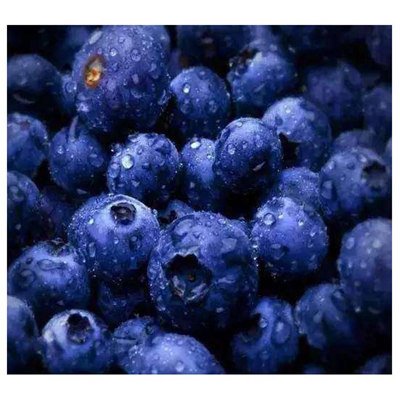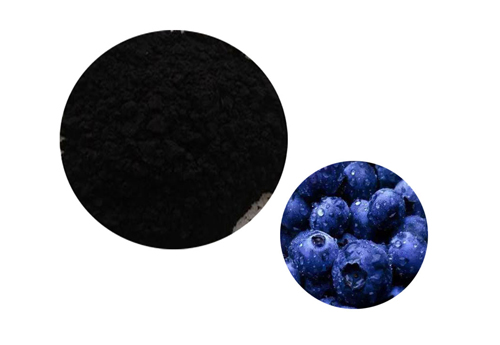May. 25, 2022
Bilberry is a type of dark blue-skinned berry native to Europe. It is sometimes called whortleberry, huckleberry, or blaeberry. Today, the bilberry grows in countries outside of Europe, including certain regions of the United States.
At first glance, the bilberry looks similar to the blueberry. The two berries are closely related and share similar nutritional values, but they do have some distinct traits.
One of the most noticeable differences between the two berries is the color of the flesh when they’re in season. Where blueberries have a greenish color inside their dark blue skins, bilberries have a red or purple color. In addition to their differences in color, bilberries also have a more acidic flavor than blueberries.
These berries might be small, but they provide many amazing health benefits.
Like other types of berries, bilberries have many health benefits. Bilberries contain several plant compounds that can help fight inflammation, improve heart health, prevent diabetes, reduce the risk of cancer, and more.
The health benefits of bilberries include:
Eye health. If left untreated, glaucoma can eventually lead to a gradual loss of eyesight. The anthocyanins in bilberries can help improve eye function for people with normal-tension glaucoma. Some studies suggest bilberries may help with eye fatigue, which can lead to eye strain, headaches, shoulder tension, and blurred or double vision.

Bilberry
Bilberry and bilberry extract can help lower blood sugar levels in people with diabetes. The berries may also help increase insulin secretion in people with metabolic syndrome.
Bilberries contain vitamin K, which can help prevent blood clots that could cause a heart attack or stroke. The anthocyanins in bilberries may also help reduce cholesterol and lower blood pressure. Managing your cholesterol levels and blood pressure can reduce your risk for atherosclerosis and other heart-related problems.
Bilberry is full of vitamin C, anthocyanins, and other antioxidants that help fight free radicals in your body. By protecting against free radicals and cell damage, bilberries may help reduce your risk of developing certain types of cancer.
The antioxidants in bilberries can help reduce inflammation in your body. This helps lower your risk of inflammatory diseases, including cancer, diabetes, and heart disease.
Bilberry contains phenolic acids, and research suggests phenolic acids may help reduce your risk of developing Alzheimer’s disease.
Bilberry can help treat digestive issues. The antioxidants, tannins, and pectin in the berries can reduce inflammation in your digestive system. Reducing this inflammation helps relieve diarrhea, nausea, and indigestion.

Bilberry Extract
Is bilberry supplement safe?
A. When taken by mouth, the dried, ripe fruit of bilberry is LIKELY SAFE for most people when eaten in typical food amounts. Bilberry fruit extracts are POSSIBLY SAFE when taken by mouth for medicinal uses for up to one year.
How much bilberry should I take daily?
A. The typical dose of the dried, ripe berries: is 20-60 grams daily. People also drink a type of tea made from 5-10 grams (1-2 teaspoons) of the mashed berries. A dose of 160 mg of bilberry extract taken twice daily has been used in people with diseased retinas.
What is bilberry supplement good for?
A. Rich in antioxidants known as anthocyanins and polyphenols, bilberries have been used for medicinal purposes for conditions ranging from eye conditions to diabetes. Bilberry is often touted as a remedy for eye conditions such as glaucoma, cataracts, dry eyes, age-related macular degeneration, and retinitis pigmentosa.
What vitamins are in bilberry?
A. Bilberries contain vitamin C and phenolic acids and are an especially good source of anthocyanins, the powerful flavonoid antioxidant that gives red, purple, and blue fruits and vegetables their characteristic color. Anthocyanins are thought to be responsible for most of these berries' health benefits.
Where is bilberry found?
A. The bilberry plant is a low-growing shrub native to northern Europe but is now also found in parts of North America and Asia. Bilberry is also known as the European blueberry, whortleberry, huckleberry, and blueberry.
Navigation
Tel.: +86 29 8832 8887
Mob.: +86 137 5996 2312
Email: info@youbiolife.com
Add.: Room 1007, Block B, Huixin IBC, No. 1 Zhangbayi Road, Xi'an, Shaanxi Province
Request a Quote